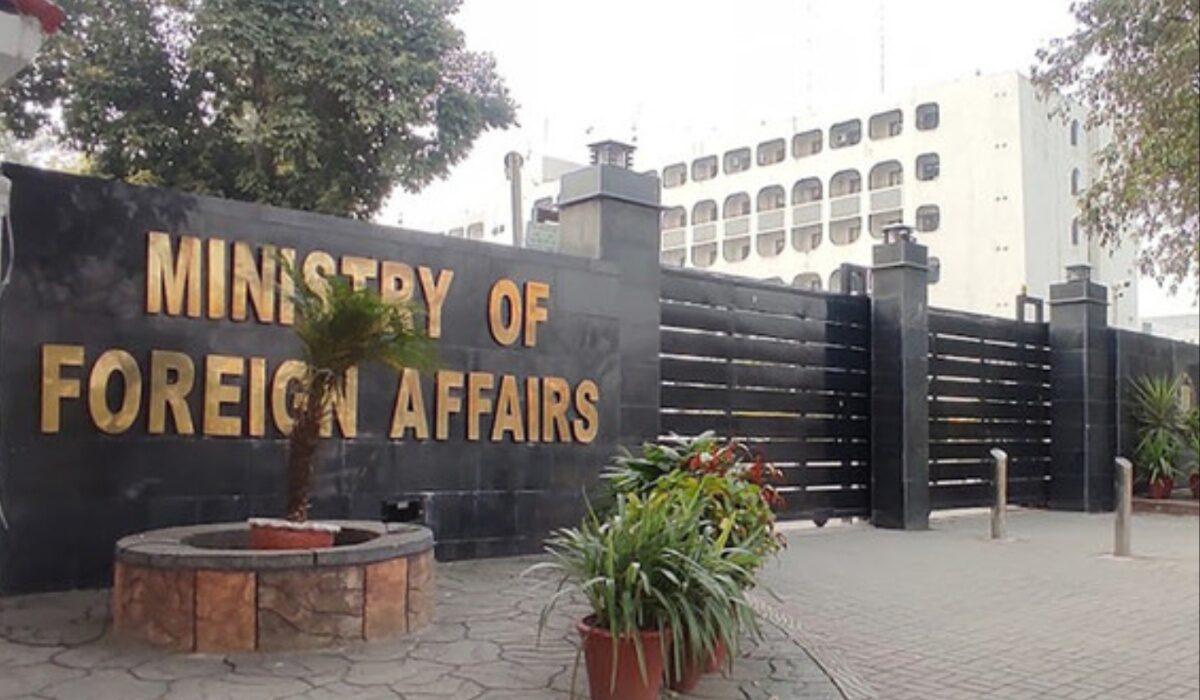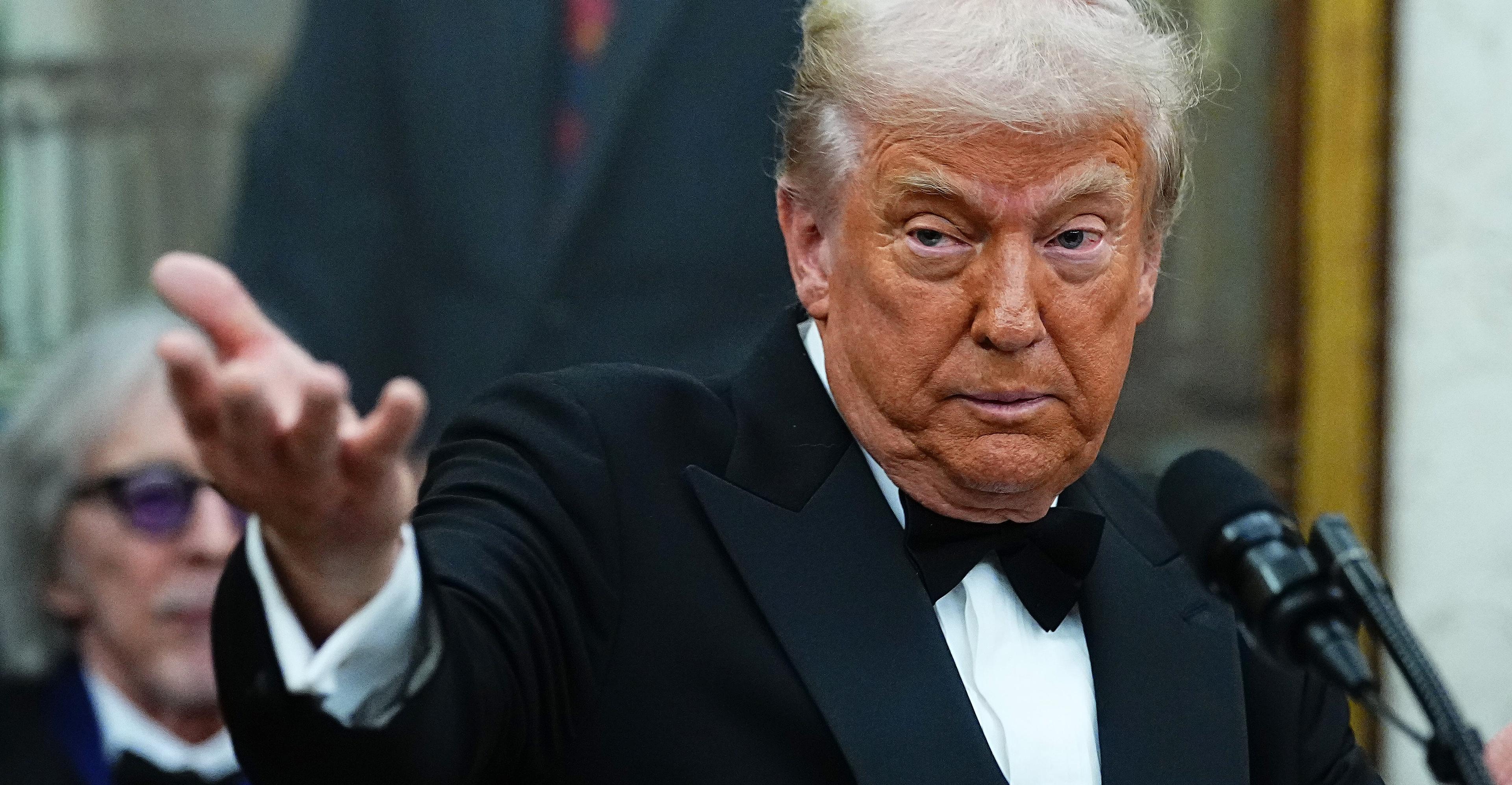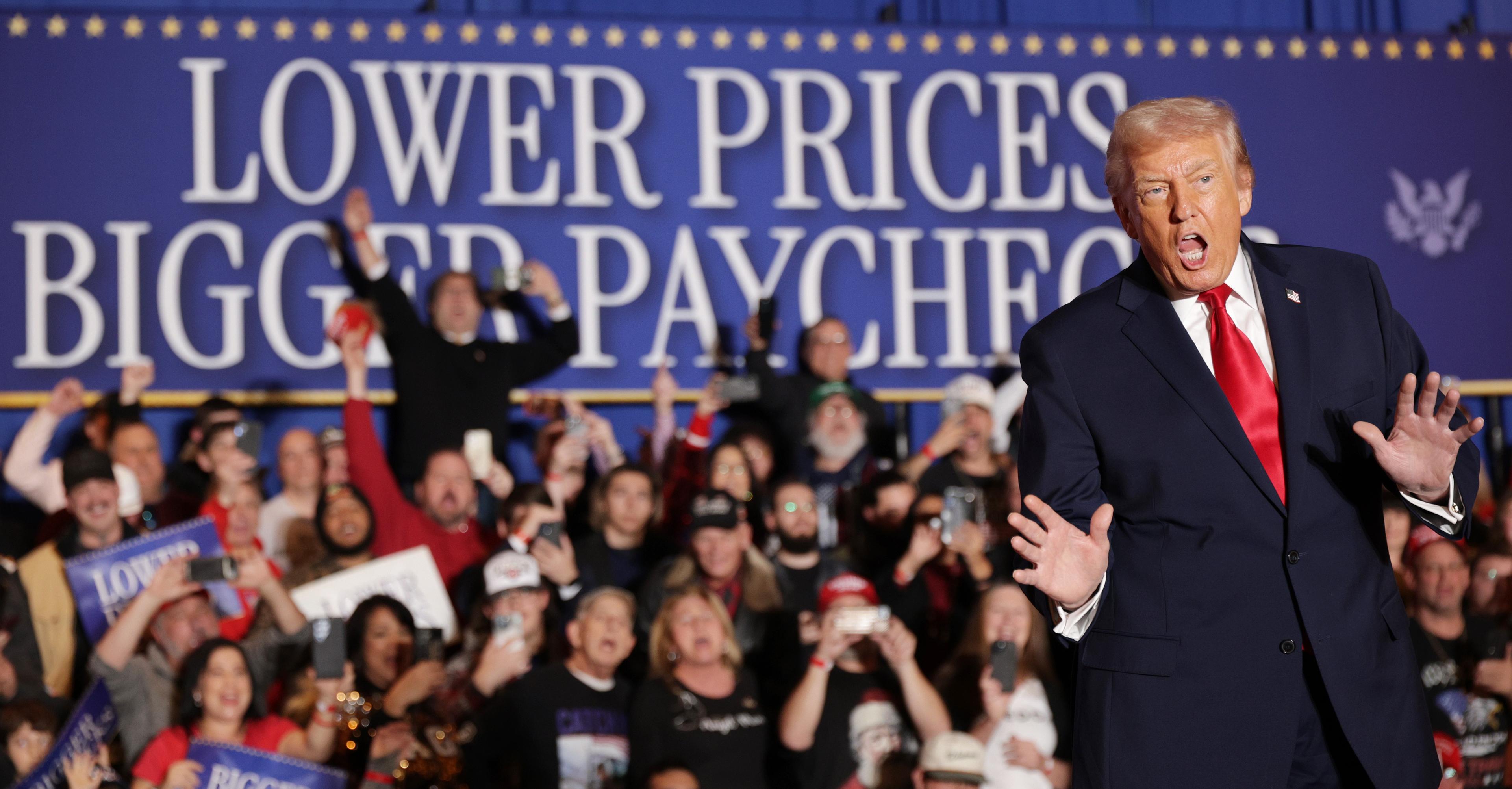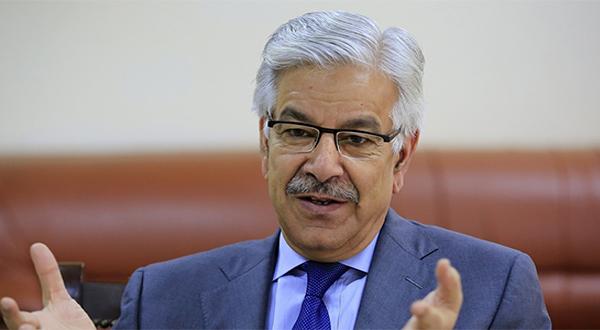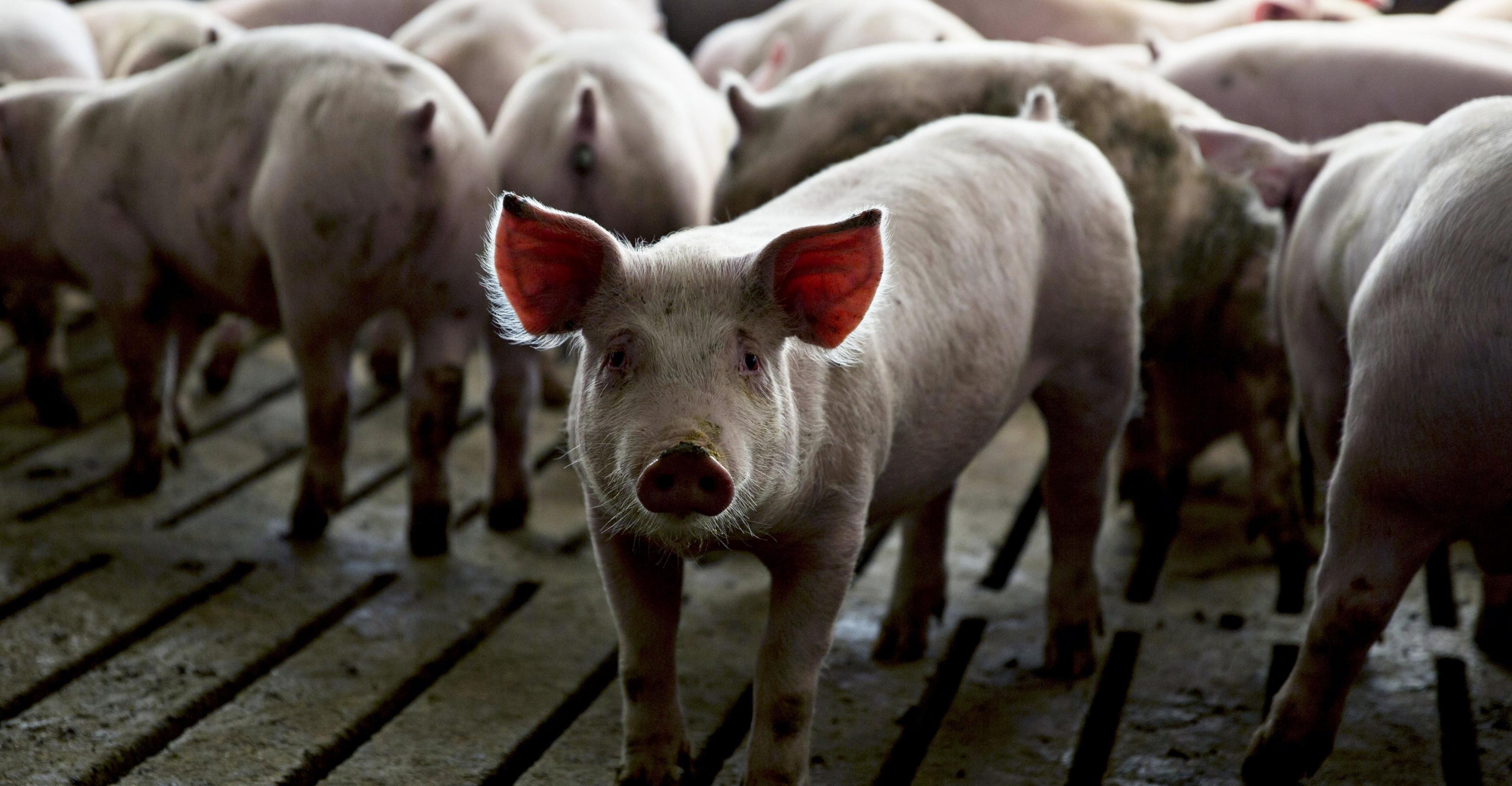Learn from Singapore
Pakistan shares much in common with Singapore, the former British colony that gained independence in 1959. One basic difference, however, accounts for Singapore’s success as one of the most economically stable Asian countries and our unenviable position as one of the third world’s most regressive on

In Singapore, there are three major regional languages that are spoken by the majority along with English. Buddhism has the most numerous followers but Christianity, Islam and Hinduism also flourish. Home to more 5.5 million people, the city-state is united in its identity as one nation despite their culture having Malay, Chinese and Indian influences.
So what is that one reason? A political government that is ruling since day one with a national agenda. According to Transparency International’s report of 2020, Singapore is now among the top three corruption free countries in the world. How did its journey begin?
When the People’s Action Party, the ruling party from independence till now, took over, they had nothing much to work with except coastal areas. For a tiny country without any natural resource of its own, choices were limited to either the burgeoning communism movement or the growing capitalist influence. In a bid to stop the influence of China’s communism, Malaysia, Singapore, Hong Kopng and Taiwan were offered the chance to become Asian Tigers. During the Cold War, these countries turned into economic hubs, a status they hold to this day. People’s Action Party opened the country for free market economy, paving the way for its people to learn technical and business know-how.
Today, Singapore is home to 7,000 central or regional offices of multinational corporations. It’s the only Asian country with an AAA economic rating, and second in GDP earnings in the world. Its human resource became the most skilled in the world.
To reach this stage, Singapore made education, healthcare, residence and safety the responsibility of the state. More than 91% of the residents of Singapore own their own housing units. An excellent healthcare system has led to prolonged lives and one of the lowest infant mortality rates. Free market economy made Singapore a tax haven, a center for gambling and human smuggling. But the government remained undeterred and kept on focusing on human and economic progress. Outside interference was kept to a minimum.
Compare this to Pakistan, a country rich in natural resources but lagging at 154 on the Human Progress Index. More than half the population is extremely poor. Pakistan’s rulers were focused on corruption, illegal use of state resources. In the process, they destroyed institutions.
Pakistan tehreek-e-Insaf came into power with slogans of accountability. Forget about reducing corruption, the ruling party has somehow managed to increase it. All claims of government leaders and National Accountability bureau have been laid bare by the Transparency International Report where Pakistan has slipped in rankings during this government’s tenure. Shehbaz Gill tried to blame it all on the previous government, even going so far as to share reports from previous years in a dubious attempt to derail attention.
The general public wants to know exactly who is being held accountable. The Prime Minister, meanwhile, is confused about what he wants to make of the country; the State of Madina, the State of China or the State of Malaysia. Half his tenure is over but he remains undecided. Whatever system is brought into place, remember that leadership needs to focus on thinking for the country.
Try to learn from Singapore.

